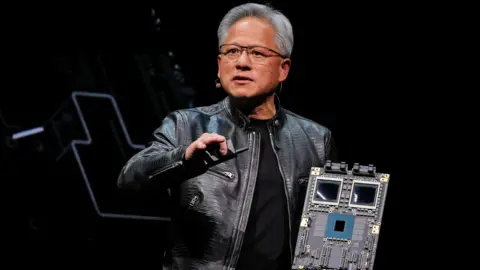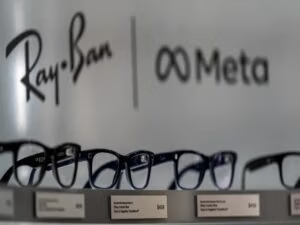In a first-of-its-kind arrangement, US chipmakers Nvidia and AMD have agreed to pay 15% of their revenues from sales of advanced AI processors in China to the United States government. The payments are part of a negotiated deal aimed at resolving export restrictions while maintaining access to one of the world’s largest technology markets.
The agreement, reached with the Trump administration, applies to the sale of specific high-performance chips that require special export licenses, including Nvidia’s H20 and AMD’s MI308 models.
How the Deal Works
- Not a tax or penalty – The 15% payment is a licensing condition, with funds directed toward US semiconductor research, technology security programs, and enforcement of export rules.
- Limited scope – Only sales of chips falling under US export restrictions are covered; other product lines remain unaffected.
- Strict compliance – Nvidia and AMD must maintain detailed records of sales to Chinese customers and provide regular reports to US regulators.
The US had previously considered outright bans on advanced AI chip exports to China. Industry leaders warned such measures could severely impact revenue while allowing Chinese rivals to fill the gap. This revenue-sharing solution keeps US-designed chips in the Chinese market while preserving Washington’s oversight.
Industry analysts note the deal could set a precedent for commercial–government profit-sharing models in sensitive tech sectors, balancing national security interests with corporate profitability.
China remains a crucial market for AI and high-performance computing hardware. Nvidia and AMD chips power large-scale AI training, data analytics, and supercomputing projects across the country. By allowing limited, licensed sales under financial conditions, the US aims to protect its technological edge while maintaining influence over AI supply chains.






